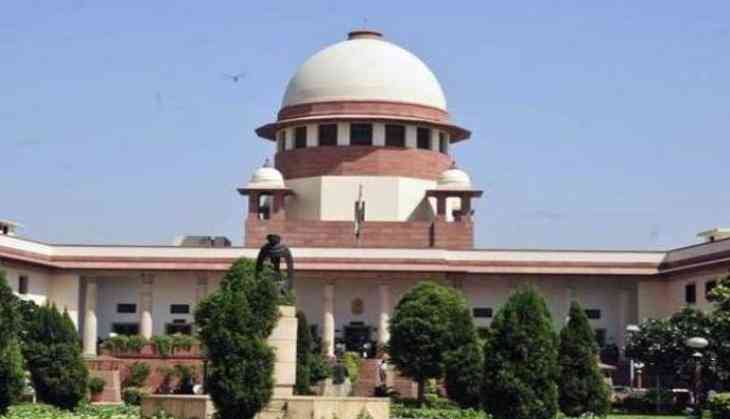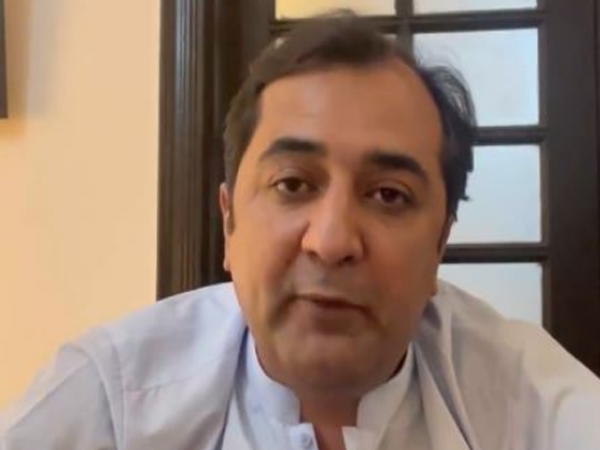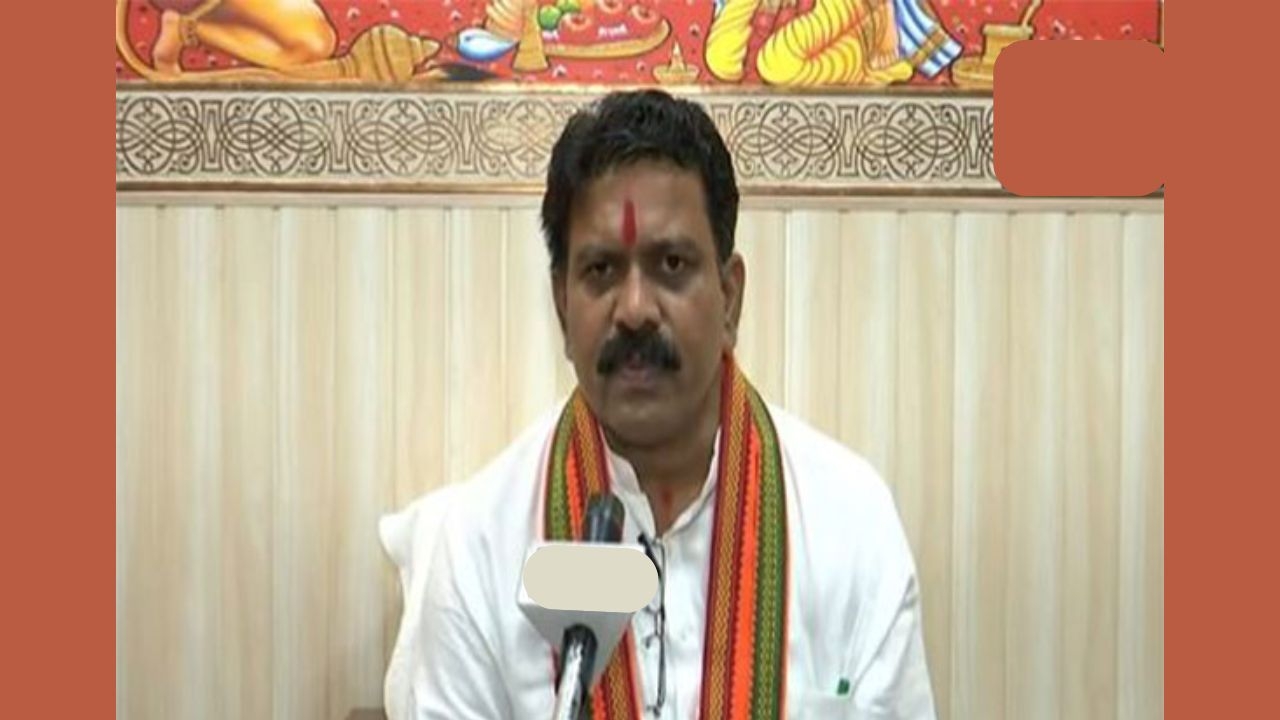
The Centre on 24 August welcomed the Supreme Court's verdict on the Right to Privacy asserting that its a part of the Right to Liberty, but is also "subject to reasonable restrictions."
Addressing a press conference, Union Law Minister Ravi Shankar Prasad said, "The government welcomes this judgement. The government has been consistently of the view particularly which refers to Aadhar. The Right to Privacy should be a fundamental right and it should be subject to the reasonable restrictions."
In a scathing attack on the previous Congress-led United Progressive Alliance (UPA) government, Prasad said that Aadhar back then had no protection of law.
"The Aadhar during the UPA regime had no protection of law. How could the government collect data or insist upon biometrics without any legislative sanction? We made the Aadhar law and provided a legal framework for protection of its data," Prasad said.
The Union Law Minister further averred that the essence of Supreme Court judgement is a wider affirmation of the observation made by Finance Minister Arun Jaitley in Rajya Sabha.
"The Aadhar system operates on the principle of Minimum Information, Maximum Use. The Aadhar has shown its utility in a very short span of time. It is completely safe and secure," he added.
Earlier in the day, the nine-judge Constitution bench of the apex court overruled the M.P. Sharma (1962) and Kharak Singh (1954) judgement and gave the verdict that privacy was a fundamental right of a citizen.
A five-judge constitutional bench is to decide whether the Aadhar violates the Right to Privacy or not.
On July 26, the Centre had told the apex court that there is a fundamental right to privacy, which is a 'wholly qualified right' too, and in special circumstances, the government can interfere in a matter that comes under a wholly qualified right. An absolute right cannot be reduced or amended.
-ANI







![BJP's Kapil Mishra recreates Shankar Mahadevan’s ‘Breathless’ song to highlight Delhi pollution [WATCH] BJP's Kapil Mishra recreates Shankar Mahadevan’s ‘Breathless’ song to highlight Delhi pollution [WATCH]](http://images.catchnews.com/upload/2022/11/03/kapil-mishra_240884_300x172.png)

![Anupam Kher shares pictures of his toned body on 67th birthday [MUST SEE] Anupam Kher shares pictures of his toned body on 67th birthday [MUST SEE]](http://images.catchnews.com/upload/2022/03/07/Anupam_kher_231145_300x172.jpg)






